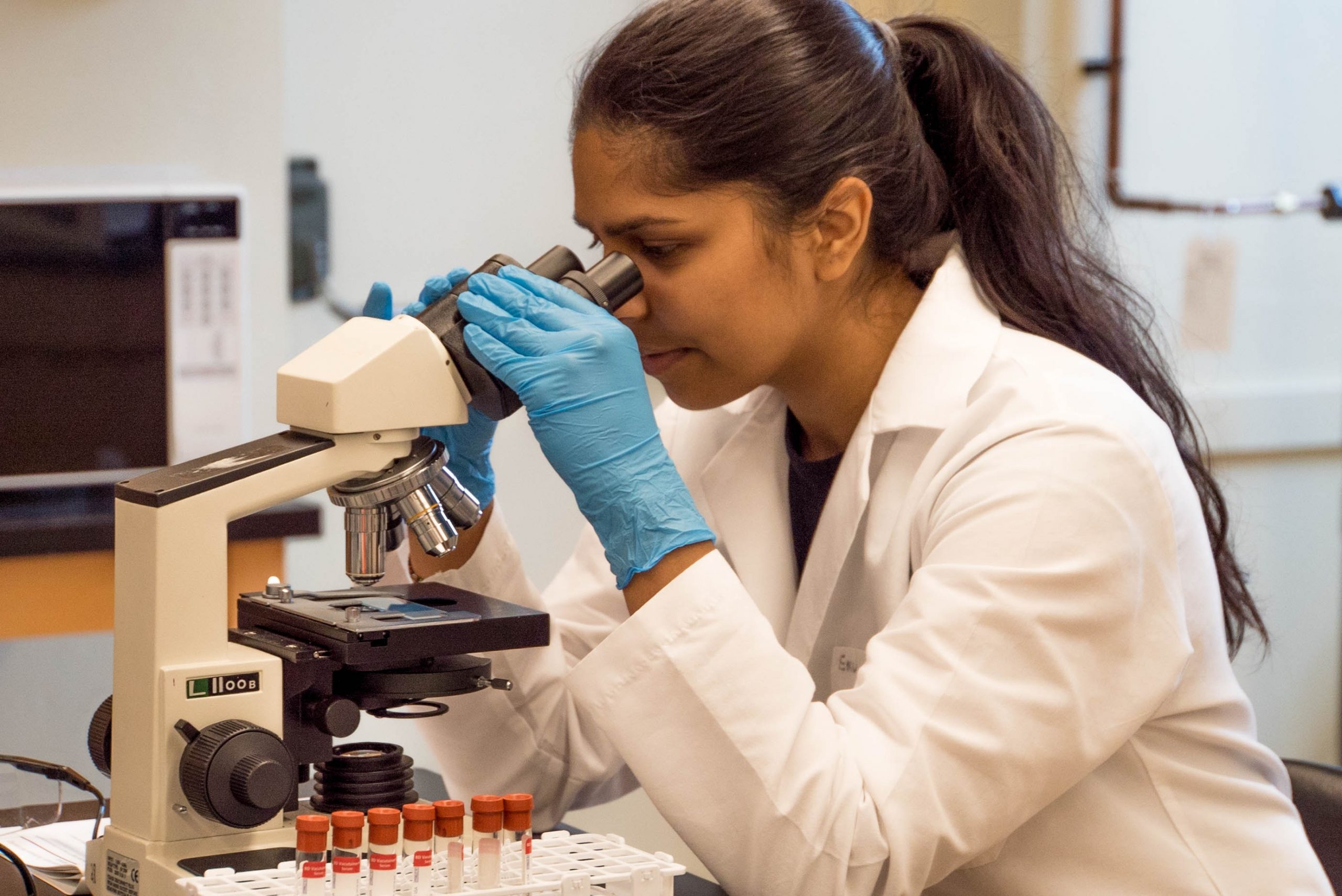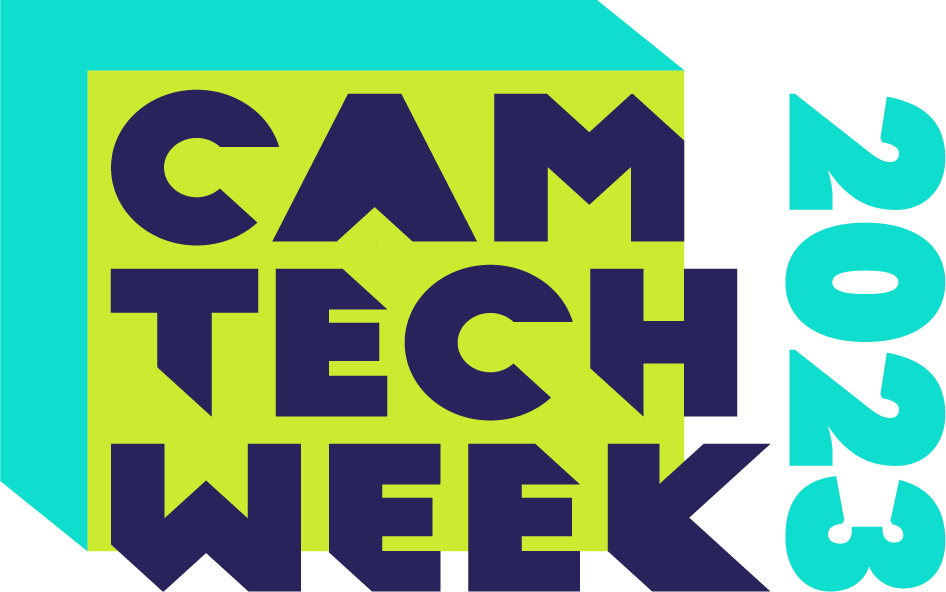Brands and content creators can now scale their video production using artificial intelligence to seamlessly internationalize and personalize their video.
Synthesia, a UK based startup developing video synthesis technology, raises $3.1 million to continue their mission of helping brands and content creators scale their video production using AI. This financing was led by LDV Capital, early investor Mark Cuban, and joined by new investors MMC Ventures, Seedcamp, Martin Varsavsky’s VAS Ventures, TransferWise co-founder Taavet Hinrikus, Tiny VC, and advertising executive Nigel Morris.
Their cloud-based platform ENACT enables customers to automatically generate personalized and interactive video content for their audiences at an exponentially faster rate and a fraction of the costs.
“Consumers and employees today expect video-based communication that is tailored to them. For companies it’s difficult to deliver these experiences because the conventional ways of creating video content is a physical process that simply doesn’t scale.” said Victor Riparbelli, co-founder and CEO of Synthesia. “Our mission is to make it easier to bring creative ideas to life without the traditional barriers of time, budget and skills. We are excited to collaborate with a great and diverse team of investors to execute on our vision.”
Synthesia recently launched their first global campaign with Malaria survivors speaking through David Beckham to help raise awareness around the Malaria Must Die initiative. The campaign was widely recognized and applauded and has already exceeded 400 million impressions globally and behind the scenes video explains the process. The campaign was a joint collaboration between RG/A, Synthesia and Ridley Scott Associates for Malaria No More.
Synthesia technology services empower video production for advertising agencies, marketing campaigns, corporate communications, e-learning and anyone who desires to efficiently internationalize and personalize their video content across product lines, cultures and international languages.
“Video production is exponentially increasing but it is extremely challenging to internationalize and easily personalize advertising, marketing, and e-learning videos across cultures,” said Evan Nisselson, General Partner at LDV Capital. “Synthesia is leveraging computer vision and artificial intelligence to revolutionize video production for brands and creators. We are thrilled to partner with Synthesia and their deep technical team as they empower brands and video creators to more easily internationalize and personalize content around the world.“
Synthesia was founded by a team of researchers and entrepreneurs from UCL, Stanford, TUM and Foundry. Notably Prof Matthias Niessner, one of the co-founders of the company, is behind some of the most well-recognized research projects in the field Deep Video Portraits and Face2Face.
The London based startup came out of stealth in November 2018, airing their first public demo with the BBC, showcasing Synthesia technology by enabling newsreader Matthew Amroliwala speak three different languages. Their customers already include global brands such as Accenture, McCann Worldgroup, Dallas Mavericks and Axiata Group.
To achieve fully photorealistic video synthesis of humans the company has developed unique breakthroughs in computer vision, graphics and deep learning. The technical approach is inspired by traditional high-end visual effects but re-imagined using a range of deep learning technologies for an end-to-end automated pipeline.
As early pioneers in the synthetic media landscape the company and its new investors are excited about the possibilities for visual content creation. Dramatically reducing production costs, removing the language barrier and enabling entirely new creative possibilities will allow great culture to emerge without the conventional constraints of budget, time and skill.
Synthesia has strong ethical guidelines and has established itself as a trusted company in the space. Ensuring that all content created is consensual and that actors are in control of their likeness is a key priority for the company.
The company is actively working with governments and media organisations to create public awareness and develop technological security mechanisms to ensure that society gets to harness the benefits and reduce potential negative effects from synthetic media technologies.




